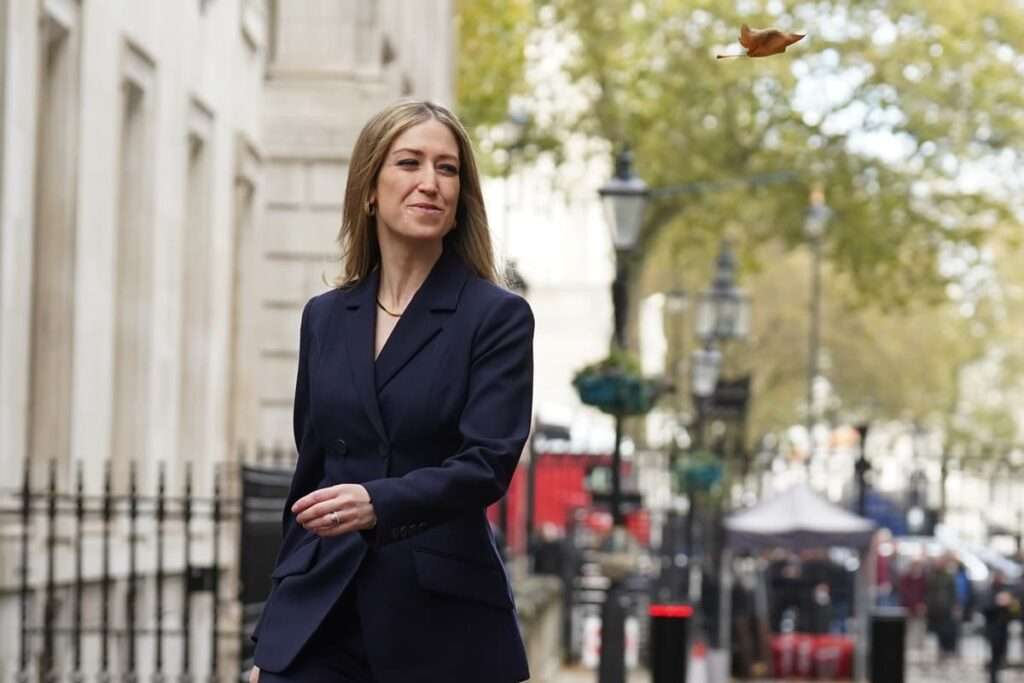Jeremy Hunt received a significant boost as the latest government borrowing figures revealed the UK’s largest monthly budget surplus in over 30 years.
According to data from the Office for National Statistics (ONS), January 2024 saw tax receipts exceed spending by £16.7 billion, despite the economic challenges of the recession.
The ONS attributed this surplus to the deadline for self-assessed income tax payments at the end of January 2024, along with reduced interest payments on government debt. This surplus was more than double the £7.5 billion recorded in January 2023.
Although financial markets had anticipated a surplus of £18.7 billion, revisions to previous data showed that borrowing for the first 10 months of the 2023-4 financial year stood at £96.6 billion.
This figure was nearly £10 billion lower than the forecast by the Office for Budget Responsibility, the government’s fiscal watchdog.
Jessica Barnaby, the ONS deputy director of the public sector division, stated, “January’s surplus is the largest in nominal terms since monthly records began in 1993, although borrowing in the year to January is only slightly lower than the same period last year.
“Tax receipts are always higher in January than other months owing to self-assessed taxes, which often leads to a surplus.”
Barnaby explained that the decrease in inflation, as measured by the retail prices index, led to reduced payments for holders of government bonds. Additionally, the cessation of support for energy bills at the end of last year contributed to a decrease in state spending.
According to the Office for National Statistics (ONS), national debt as a percentage of the economy continued to rise, reaching 96.7% of gross domestic product (GDP) in January. This marked an increase of 1.8 percentage points compared to January of the previous year.
The latest borrowing figures, released last month, represent the final data before Chancellor Hunt’s budget announcement on March 6. Analysts noted that these figures might give the chancellor some room to maneuver for potential tax cuts.
Ruth Gregory, UK analyst at Capital Economics, said: “January’s public finances figures delivered some much-needed good news for the chancellor in the lead-up to the budget. But we doubt this will pave the way for a big pre-election splash.”
The Chief Secretary to the Treasury, Laura Trott, said, “We provided hundreds of billions to pay wages, support business and protect lives during Covid, and to pay half of people’s energy bills after Putin’s invasion of Ukraine.”

“But we can’t leave future generations to pick up the tab, which is why we have taken tough decisions to help reduce borrowing versus what the OBR expected in March. While we will not speculate over whether further reductions in tax will be affordable in the budget, the economy is beginning to turn a corner, with inflation down from over 11% to 4%.”
Laura Trott
Impact Of The Budget Surplus
The revelation of the UK’s largest monthly budget surplus has significant implications for the country’s economy.
Firstly, this surplus serves as a positive signal for the UK’s fiscal health. The fact that the government collected more in tax revenue than it spent during the month reflects improved financial management.
Considering the economic headwinds caused by the recession, this surplus underscores responsible fiscal practices.
Also, the surplus directly translates to reduced borrowing needs. When the government runs a surplus, it doesn’t need to borrow additional funds to cover its expenses.
Lower borrowing requirements can lead to reduced interest payments, contributing to overall financial stability.
Furthermore, policymakers now have an opportunity to address national debt reduction. The surplus can be strategically allocated to pay down existing debt or prevent further accumulation.
Moreover, the surplus provides a confidence boost for investors and businesses. A budget surplus signals economic resilience and prudent financial management.
Investors may gain confidence in the UK’s stability, potentially leading to increased investment and economic activity.
READ ALSO: Bank of England Signals Recession Defeat





















